 |
| |
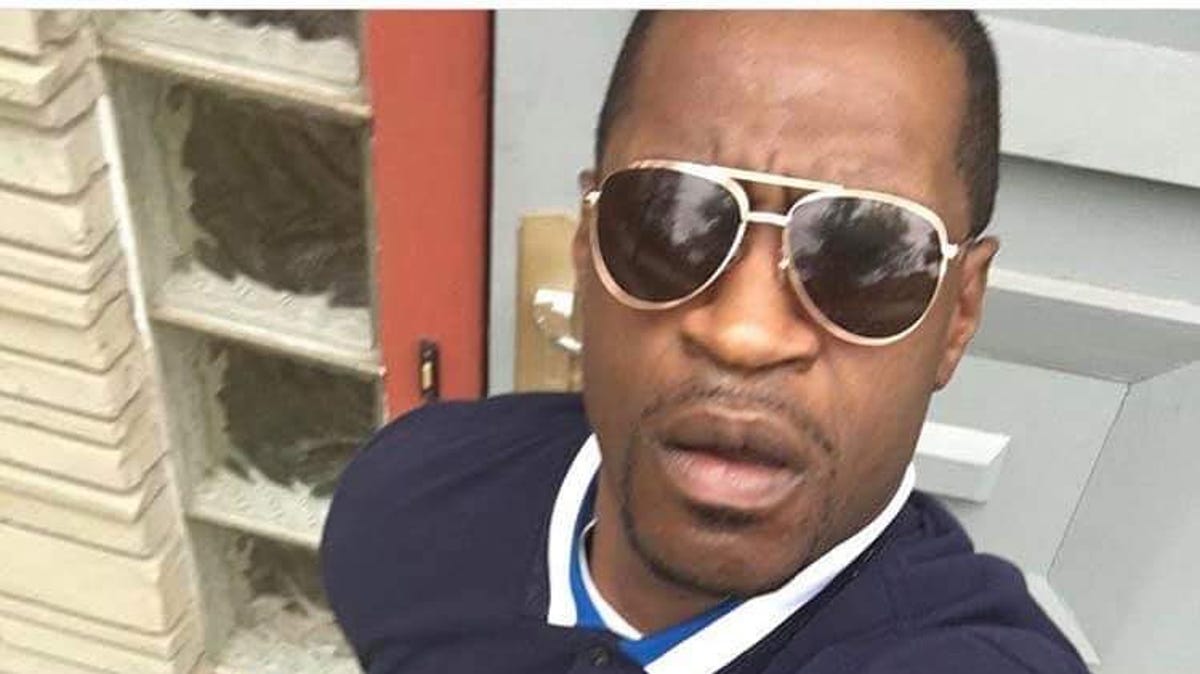 | | | George Floyd. | | The death of George Floyd continues to ripple across the U.S. as the calls became louder for the arrest of the white police officer who knelt on his neck before he died. It's Thursday's news. | | |
| |
| |
| |
| |
| George Floyd's name has been added to the growing list of black Americans whose deaths have sparked outrage and protests across the nation: Ahmaud Arbery. Breonna Taylor. Sandra Bland. Philando Castile. Eric Garner. Trayvon Martin. |
| It's Ashley, and in today's Short List we'll be talking about the death of Floyd, the video that publicized it, and the aftermath that's playing out today. |
| But first, here's what to know to get caught up: |
Who was George Floyd? |
| Floyd was a 46-year-old black man in Minneapolis known as a "gentle giant" to friends and family who say he never made an enemy. He worked in security and as a truck driver. He had two daughters, ages 6 and 22. And on Sunday, Floyd was scheduled to meet with his friend to talk about getting involved with MAD DADS – Men Against Destruction Defending Against Drugs and Social Disorder – but he couldn't make it. The next day, Floyd was dead. |
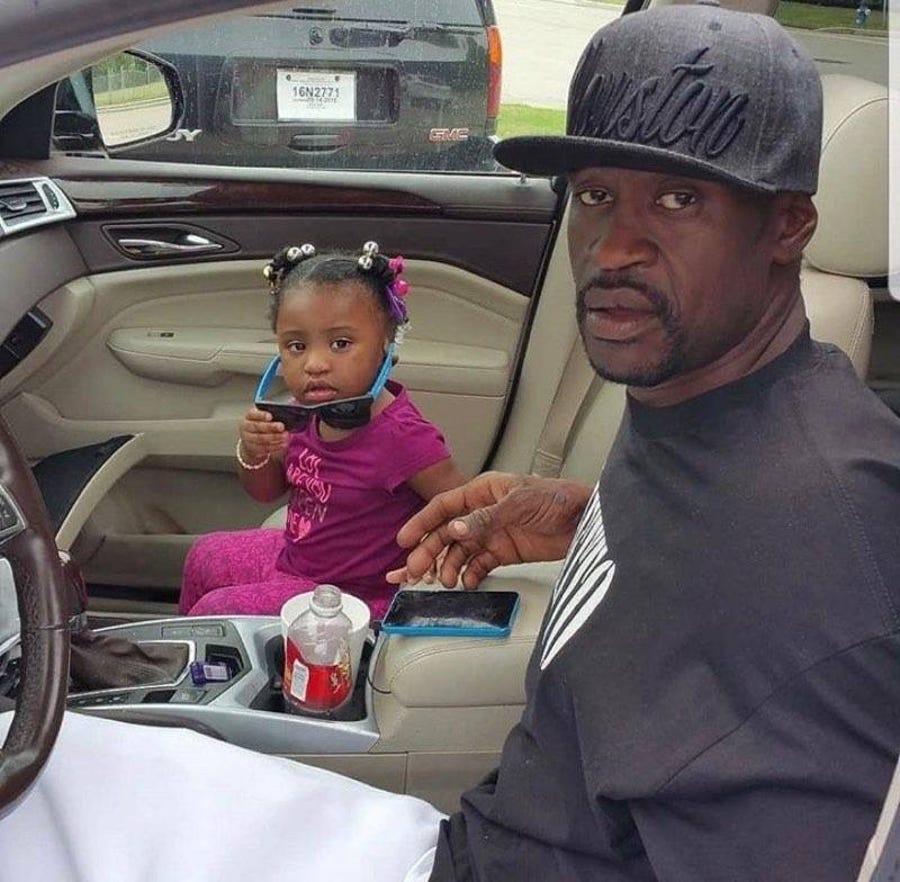 | | George Floyd died May 25 after a Minneapolis police officer kneeled on his neck. | | Photo courtesy of the Floyd family | |
What happened to him? |
| • | Floyd was pinned down by a white police officer on Monday who held his knee to the handcuffed man's neck as he repeatedly said he could not breathe. Floyd died later Monday after being restrained. | | • | Horrifying video of the incident spread quickly on social media Tuesday, showing the police officer ignoring Floyd's pleas for help until first responders put him, unresponsive, on a stretcher. | | • | Four officers involved in the incident have been fired, and an attorney representing Floyd's family, Ben Crump, has called for their arrests. | |
What's happened since his death? |
| Grief and anger turned to violence Wednesday as cities saw another day of protests following Floyd's death, with some turning to looting and setting fires. Protesters clashed with police in Minneapolis. They chanted for justice in Memphis, Tennessee. They stopped freeway traffic in Los Angeles. On Thursday, Minneapolis leaders called for peace and security to be restored and Governor Tim Walz signed an executive order to activate the Minnesota National Guard. |
| |
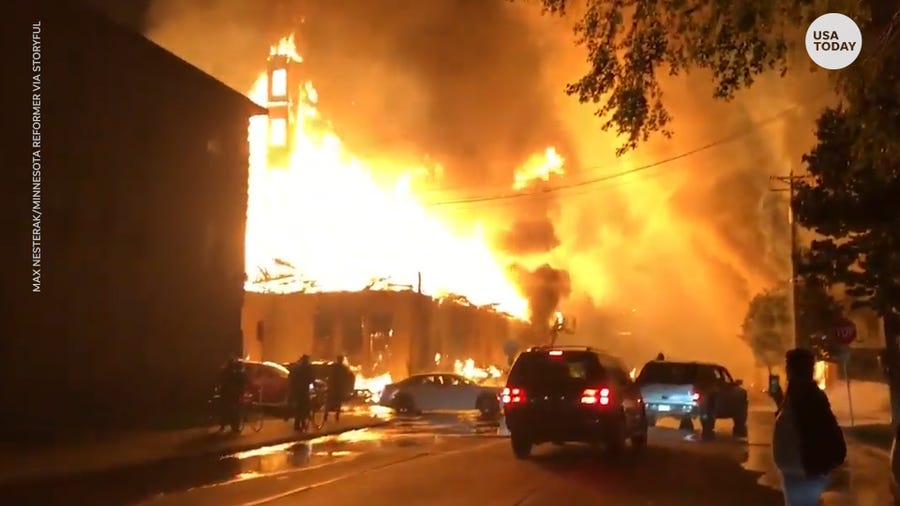 | | George Floyd's death has caused hundreds of protesters to take over the streets all over the U.S. including Minneapolis, Memphis and Los Angeles. | | MAX NESTERAK/MINNESOTA REFORMER VIA STORYFUL | |
'I can't breathe' |
| This isn't the first time those words have rippled across America. In 2014, Eric Garner was placed in a chokehold by a white New York police officer after being arrested on suspicion of illegally selling loose cigarettes. His dying words were, "I can't breathe." Floyd's death this week is the latest in a string of violence against black people. |
| • | Breonna Taylor was shot and killed in her Kentucky home by officers executing a "no-knock" search warrant in March. | | • | Ahmaud Arbery was shot and killed while jogging after being pursued by two white men who later said they thought he was a burglary suspect in February. | |
Powerful perspectives from my USA TODAY colleagues |
| Headline after headline, the same story: a black American dead. "The costs of these deaths ripple. Research shows racism has harmful mental and physical effects. They can result from a person experiencing racism directly – as a bird-watcher did when a white woman in New York's Central Park told police he was threatening her life when he asked her to leash her dog – or vicariously, such as someone watching the video of Floyd's suffering. High-profile incidents of racism and police brutality, especially when accompanied by viral videos, are triggering for people of color who see how little changes in their aftermath." |
| – Alia E. Dastagir, enterprise reporter for USA TODAY |
| The video of George Floyd pinned by cops is shocking, but not surprising: "As a black journalist in America, I often feel like my coverage of these incidents amounts to screaming into the void. And as a black journalist in America, I'm tired of being shocked by images of brutality. It makes me wonder whether my work is making a difference. It makes me fear for my brother who lives in Colorado and can, at times, be a bit of a hothead. It also makes me fear for my brother in California. It takes a lot to really get him angry. I fear for him because I know that it doesn't take a black man being angry to get killed by a cop. It just takes a black man being black. At least there was swift action in the Floyd case. He was killed on Monday. The officers were fired on Tuesday. That gives me faith that progress is possible. In the interim, I will keep screaming." |
| – Eileen Rivers, digital content editor for USA TODAY |
Real quick, here's more news to know |
| |
| This is a compilation of stories from across the USA TODAY Network. Want this news roundup in your inbox every night? Sign up for The Short List newsletter here. |
| |
| MORE ARTICLES |
| |
| |
| |

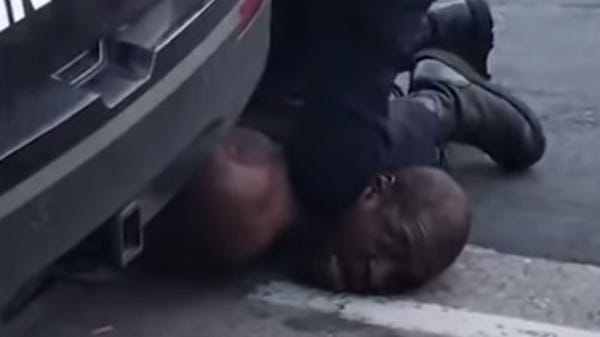
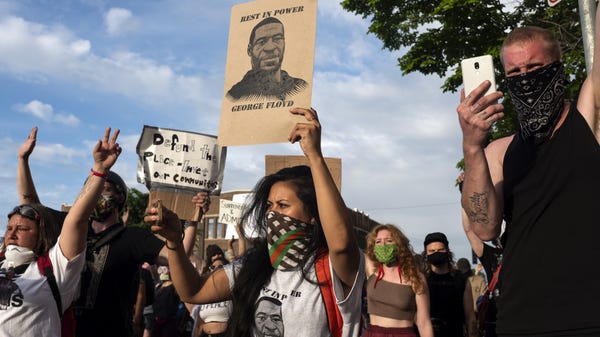
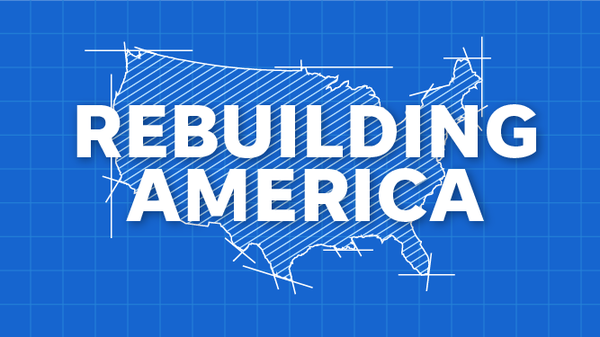
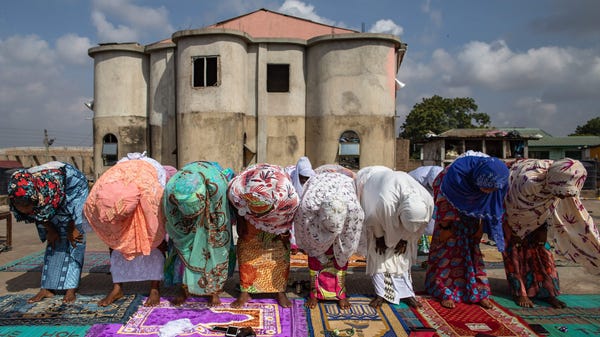
Comments
Post a Comment